“We are routine beings, and arguably even more so at this time. And this is normal, although our brain likes to be surprised, it needs routine to avoid overheating, ” states Valentin Wyart, the acclaimed neuroscientist of École Normale Supérieure of France. Even more so nowadays, the routine allows us to structure ourselves when we have just spent a highly unstructured year with difficulties in planning. He affirms the restorative quality of routine in one’s daily life : These routines that we put in place allow at least the projection in the very short term: knowing what we are going …
Category: Psychology
“How easy to become learned, how difficult to become truly human.” Ostad Elahi, thinker, judge, and remarkable musician of the 20th century, having spent his lifetime studying the essence and core principles of religions and the universal sayings of the sages, he conveys the quintessence of all religions : The religions differ only in their secondary aspects; otherwise, their fundamental objective and principles are the same. What is unique about his thought is that he did not contend with the theoretical perspective of matters which he studied so meticulously. Instead, he experimented the veracity of these principles in …
“It is human affliction and not pleasure which contains the secret of the divine wisdom. In general, we must not wish for the disappearance of any of our troubles, but grace to transform them. For men of courage, sufferings are often a test of endurance and of strength of soul. ” The French philosopher and social activist Simone Weil (1909-1943) who lived in the midst of the world wars in Europe was described by many as a saint-like personality. Learned in ancient Greek, Latin and Sanskrit, she studied the sacred texts of the major religions and encountered mystical love during …
Laughter is the closest distance between two people. –Victor Hugo “The sound of laughter is universal” state linguists and psychologists. Humans are born with the instinct of laughter. It’s part of the social contract. When one laughs, the other gets the urge to laugh too. Having asked the question “what makes people laugh ? ”, the philosophers of ancient Greece said that one laughs at his own past self, as well as at the sense of superiority they felt over others in the face of adversities and in unexpected situations. Nietzsche argued that laughter is simply a reaction to …
We are witnessing a real revolution in thought, in the hierarchy of moral values, in ethos ! …
Boris Cyrulnik articulates that human evolution takes place only in crises. "When the epidemic is over, we will see that we will have dusted off old values that will help us to develop a new way of living together. There will be profound changes, this is the rule." …
Sometimes it takes darkness and the sweet confinement of your aloneness to learn. –David Whyte “ One wonders only when he is alone, and seeks the truth,” said Einstein. The great thinker and ploymath Goethe, discovered that creative inspiration came only when he was alone. Winnicott, the pediatrician and psychologists, defines “the capacity to stay on his own” as a crucial indicator of child development. H.D. Thoreau, the notable American philosopher and nature lover proclaimed that he made his spiritual discoveries during his walks in nature. He wrote in Walden that being on his own in nature provided …
In his new medicine of the soul, Ostad Elahi indicates that in the conscious level where the ego resides, there is a deeper layer where one can find inner guide. This inner guide speaks in the voice of conscience, which is the germ of sound reason and inspires us to take the correct course of thought and action in our decisions. …
“ Love is really the only thing we can possess, keep with us and take with us when we depart. ” Dr. Elizabeth Kübler-Ross (1926-2004), in her pioneering work with patients nearing the end of their lives in palliative care, interviewed them on their feelings about life and death, and how they measure the life they lived. The results of her work show that the patients unanimously expressed their emotional state as a “yearning for love, ” a shield needed against the fear of death. Secondly, the measure of the degree of inner peace and contentment they savor at …
Siri Hustvedt, the prizewinning writer and scholar, describes the meaning of life through her work, the joy she finds in the creative impulse and the urgency to write driven by it. Her knowledge of psychoanalysis, art and neuroscience is woven in her stories in which she asks the essential question “Who are we ? ” In an interview about the creative impulse, the intersubjective experience of art and the emotional punch found in art, she discloses her “writing self. ” Märit Aronsson (M) : I’d like to start with a great question; what is art? Siri Hustvedt (S) : There …





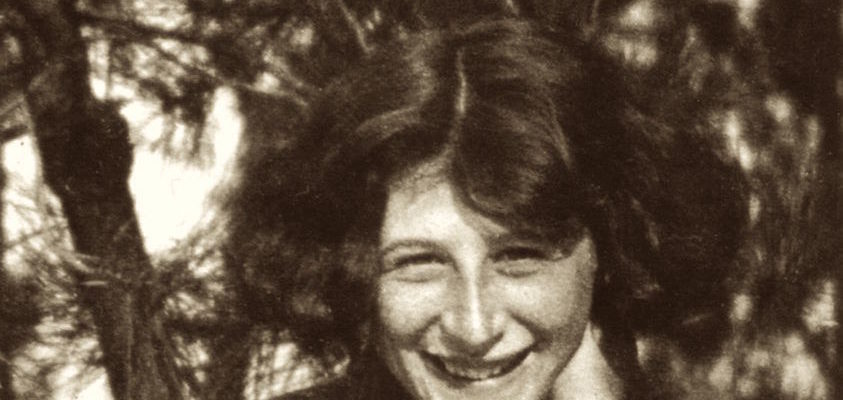
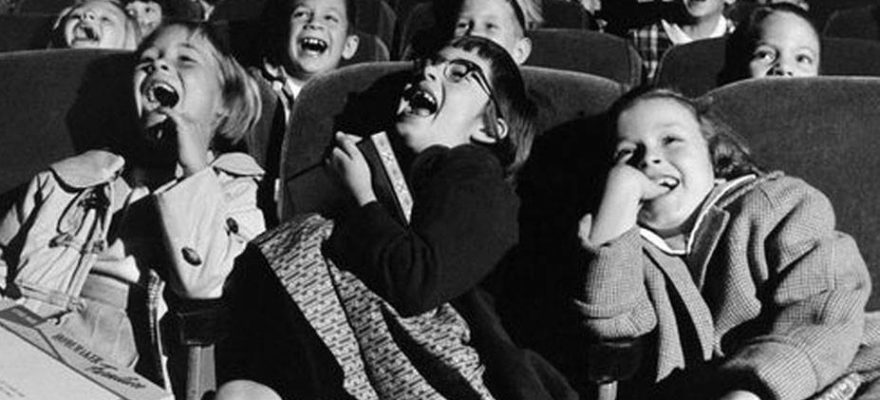
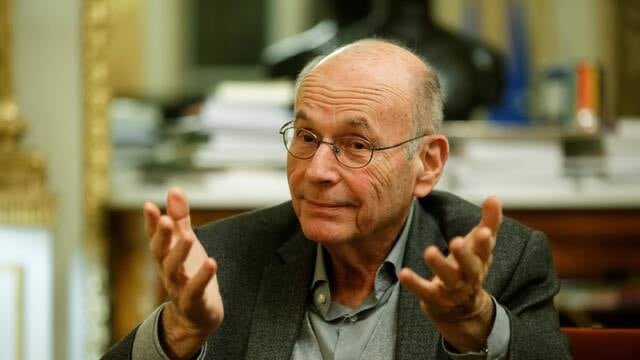
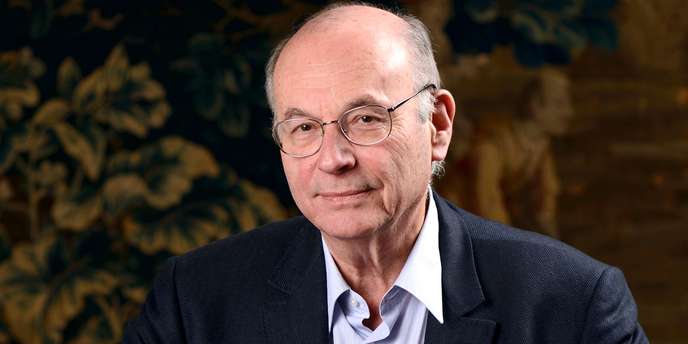
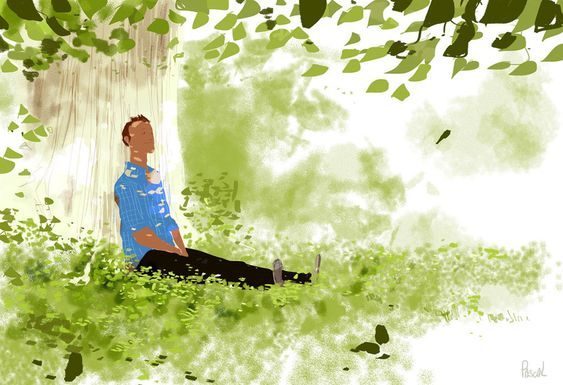
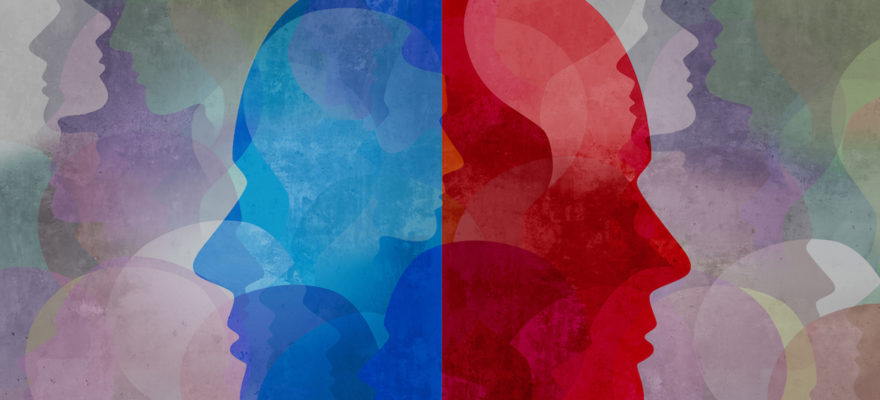
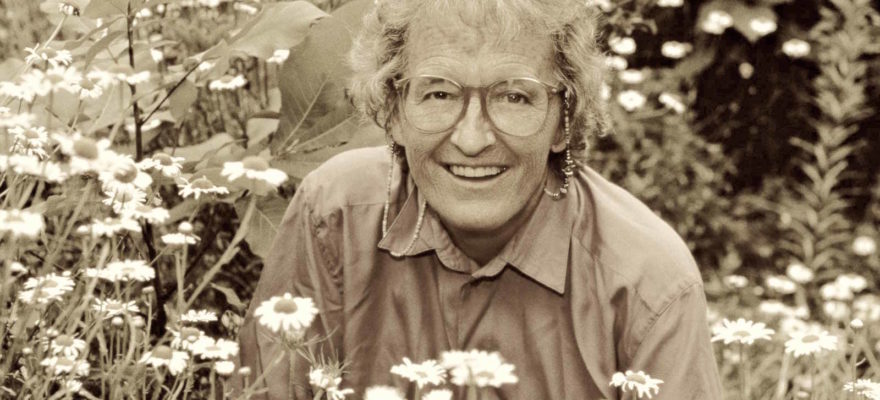
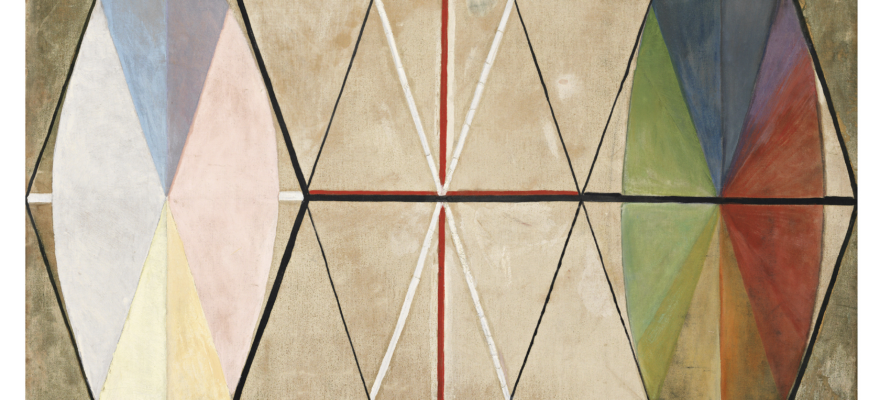





Social Profiles